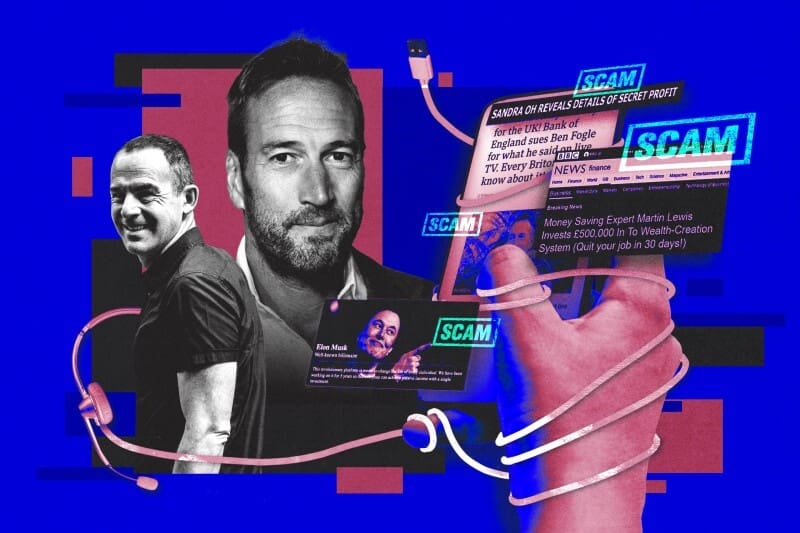The financial scammer’s playbook is getting more sophisticated by the day. Last week, we looked at clone firms, fraudsters posing as legitimate lenders or financial institutions. This week, we’re diving into the next level of deception: too-good-to-be-true loan offers that prey on loan seekers desperation for money and hope they’ll get a loan.
What are ‘Too-Good-To-Miss’ Loan Scams?
Scammers don’t always rely on fake FCA credentials. Instead, they play on urgency, emotion, and the promise of an easy win. You might spot messages or ads saying things like:
- “100% guaranteed loan – even if you’re bankrupt!”
- “£5,000 approved – no checks, no questions, instant cash!”
- “Your loan is ready! Just pay a £75 fee to release it.”
They pop up in all the usual places like Facebook Marketplace, WhatsApp groups, TikTok comments and they always target people who might be feeling like they’ve run out of options. Their goal is simple and that’s to get you to pay something up front and then vanish.
Real-World Examples of Scam Ads
To give you a clearer picture, here are some actual scam ads that have been reported:
- “Cash in 10 Minutes Guaranteed”: This ad promises instant cash for people with very bad credit, exploiting those in financial distress. The Guardian
- Fake Celebrity Endorsements: Scammers have used deepfake videos and false news reports featuring high-profile individuals like Martin Lewis to promote fraudulent cryptocurrency and investment schemes. UK Parliament Committees
- “Tesler” Investment Ads: Ads for a company called ‘Tesler’ claimed high returns with an 87% success rate, pressuring users to set up trading accounts. These were found to be misleading and potentially fraudulent. Which?
Red Flags to Watch Out For
- They contact you first – Real lenders don’t cold-call you or spam you with offers.
- Upfront fees – Regulated UK lenders never ask for money before sending your loan.
- Pressure tactics – “This offer expires in 2 hours” or “act now or lose it” is a dead giveaway.
- Weird and strange payment requests – Being asked to pay via gift cards, crypto or bank transfers to personal accounts is a massive red flag.
What You Can Do
- Double-check the lender on the FCA register: https://register.fca.org.uk
- Search online for reviews and complaints – Type the company name followed by “scam.”
- Don’t let urgency override your instincts – If something feels off, it probably is.
The Bottom Line
If you’re ever unsure, walk away. No deal, no matter how good it sounds, is worth the risk of being scammed. Keep your money in your pocket.


